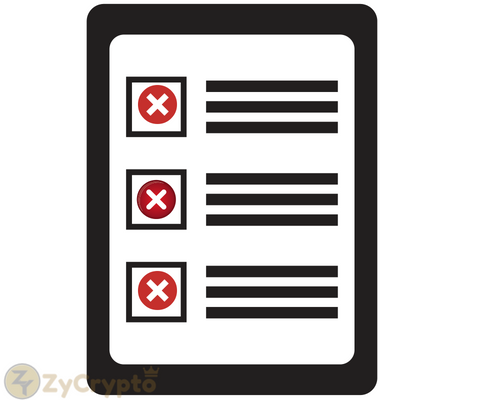Japanese exchange, Coincheck, has delisted three privacy coins. Monero, Dash, and Zcash are the coins that have been delisted. Reports further confirm that Augur’s name token also will be delisted next month. The exchange created made this call after receiving a business improvement order from the country’s money regulator following the NEM hack.
Following reports that Coincheck was reaching to delist monero (XMR), zcash (ZEC), and dash (DASH), the exchange has currently confirmed that those cryptocurrencies are delisted together with Augur’s name token (REP).
The four cryptocurrencies were delisted on June eighteen. Coincheck, further commenting on the delisting has stated that: “The target currencies [XMR, ZEC, DASH, and REP] held on the discontinued date will be sold at the market price and converted into Japanese yen.”
The sales’ return can then be attributable to the customers’ accounts.
However, before the listed date, provisions are made for the customers to sell or transfer these cryptocurrencies. The exchange says it has received several transfer requests and further warns that it should take many days to finish the transfers.
Following the NEM hack in the Gregorian calendar month, Coincheck received a business improvement order from the Japanese money Services Agency (FSA) on March eight. The exchange may be a “deemed dealer,” which means it’s been allowed to work while its application is being reviewed by the agency.
However, currently, the exchange stands acquired by the Monex cluster. And once the process of delisting of the above-mentioned currencies concludes the exchange can still support XRP, FCT, ETC, BTC, LSK, ETH, XEM, LTC and BCH.
In obliging with the FSA order, the exchange says it’s “drastically reviewing” its control and internal control systems, further also rethinking its “management strategy that completely protects customers,” the announcement reads that it’s necessary [for us] to more develop and strengthen the management system of AML / CFT [Anti-Money Laundering/ Counter-Terrorist Financing] in the future.
According to Fortune’s report on Friday, Monex business executive Oki Matsumoto has said that it “expects the exchange to secure a political candidate license in Japan next month,”
Nikkei has also reported earlier this month that the FSA has set new criteria for crypto exchanges. One amongst them issues the kinds of cryptocurrencies listed on exchanges. “Those granting a high level of obscurity and simply used for hiding can as a general rule be illegal,” the news outlet represented.
The FSA “strongly requests hiding and counter-terrorist finance measures not just for Coincheck however additionally for alternative virtual currency exchange operators,” News24 wrote.
Interestingly, out of the sixteen authorized crypto exchanges in Japan, none of them have listed XMR, ZEC, DASH, or REP on their applications with the FSA.







